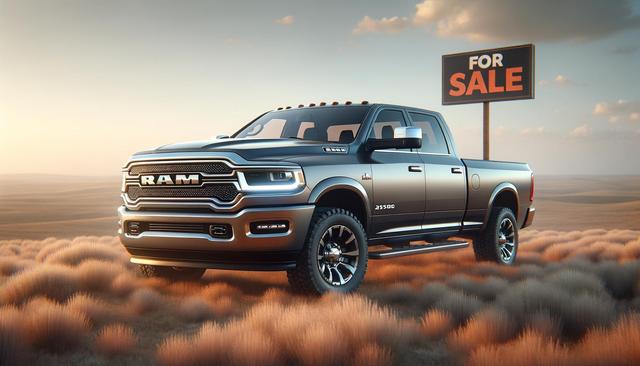Understanding the Electric Car Landscape
The electric vehicle (EV) market continues to grow, bringing a diverse array of electric cars for sale at varying price points and performance levels. From compact models ideal for city driving to larger vehicles with extended range for long-distance travel, the selection has broadened significantly in recent years. The increasing availability of electric cars is largely driven by advancements in battery technology and the expansion of public charging infrastructure. This has made EVs more accessible and practical for a wider range of drivers.
Consumers looking into electric vehicle options often face a number of considerations. These include:
- Battery range and efficiency
- Charging time and compatibility with home or public chargers
- Interior space and comfort
- Technology features such as infotainment and driving assistance
- Warranty and service support
These factors can influence not just the initial decision to purchase an EV, but also the long-term ownership experience. Understanding the landscape helps buyers make informed decisions as the market continues to evolve.
Regional Factors Impacting Availability
Availability of electric cars for sale can vary greatly from one region to another. This is influenced by local policies, dealership networks, and incentive programs designed to promote cleaner transportation. Some areas offer tax credits or rebates for electric car purchases, which can significantly affect the final price. Additionally, regions with better charging infrastructure tend to support a broader variety of models.
In many urban centers, EV adoption is rising due to government-supported initiatives and stricter emissions regulations. On the other hand, rural or less densely populated areas may see slower growth due to limited charging stations or fewer dealership options. It’s beneficial for potential buyers to research regional offerings and consider:
- State or municipal incentives
- Charging network coverage
- Access to qualified EV service centers
By evaluating these factors, buyers can better understand what vehicles are available locally and how practical an EV would be for their day-to-day needs.
Comparing Features and Specifications
When exploring electric cars for sale, comparing key features and specifications is essential. While price is a major consideration, it’s equally important to assess what a vehicle offers in terms of performance, tech features, and long-term reliability. Electric cars now come with a variety of drivetrain options, interior designs, and energy efficiency ratings.
Some of the most commonly compared aspects include:
- Battery capacity and estimated driving range
- Horsepower and acceleration
- Infotainment systems and smartphone integration
- Safety features such as adaptive cruise control and lane-keeping assist
- Charging options including fast-charging capability
Buyers should take time to test drive different models and gather feedback from existing owners if possible. This process can provide a clearer picture of how an EV might fit into their lifestyle.
Pre-Owned Electric Cars: A Viable Option
While new electric cars for sale are gaining traction, the pre-owned market is also expanding. Used EVs offer an affordable entry point for those interested in switching to electric without committing to the higher cost of a brand-new model. Many certified pre-owned programs include extended warranties and thorough inspections, which add peace of mind.
Advantages of purchasing a used electric vehicle include:
- Lower upfront cost compared to new EVs
- Reduced depreciation since most value loss occurs early in a car’s life
- Potential eligibility for local incentives on used EVs
However, buyers should be cautious about battery health, as degradation over time can affect range. Reviewing the vehicle history and obtaining a professional inspection can help ensure a worthwhile investment.
The Future of Electric Car Sales
As technology advances and consumer demand grows, the market for electric cars for sale is expected to become even more competitive and diverse. Automakers are investing heavily in new EV platforms, promising a broader selection of vehicles in the coming years. This includes expansion into segments like electric trucks, SUVs, and even performance-oriented models.
Factors likely to influence future sales include:
- Improved battery technology with longer range and shorter charging times
- Broader government support and infrastructure development
- Growing environmental awareness and fuel cost savings
For potential buyers, this means more choices and better value over time. Staying informed about upcoming models and market trends can help consumers plan their purchase and take advantage of emerging opportunities in the EV space.
Conclusion: Making an Informed EV Purchase
The market for electric cars for sale is dynamic and offers something for nearly every type of driver. Whether considering a new or used model, potential buyers should evaluate their specific needs, budget, and regional availability. By researching features, comparing options, and understanding local incentives, consumers can make a confident transition to electric driving. As the industry continues to innovate, electric vehicles are becoming a more practical and appealing choice for everyday transportation.


